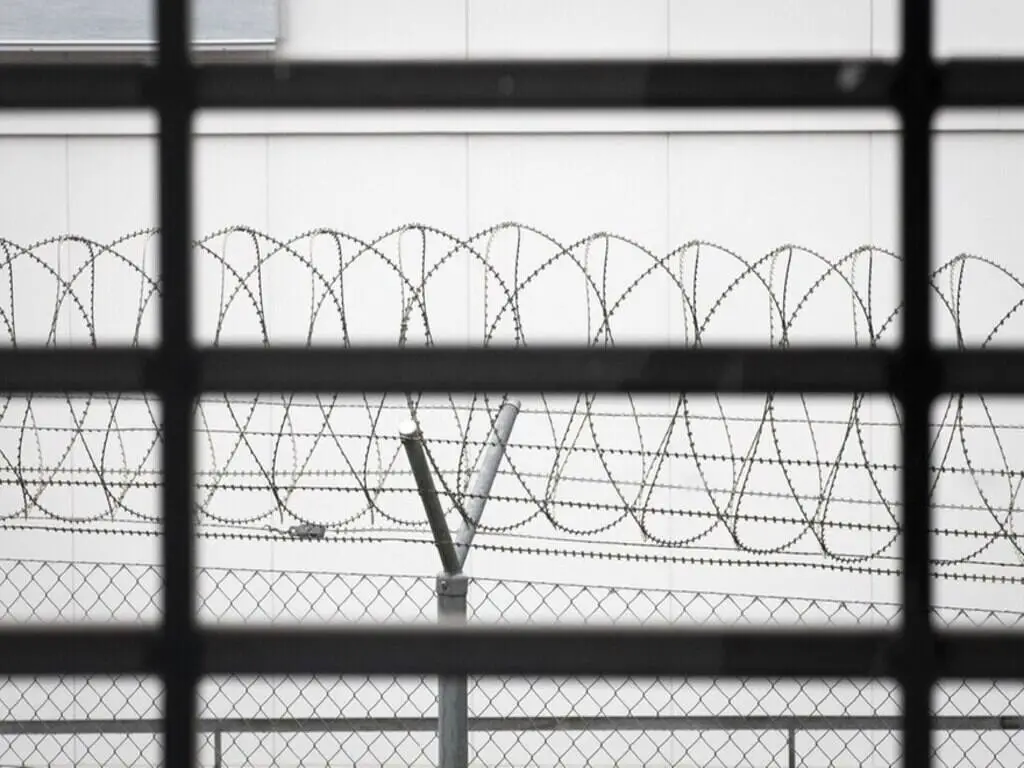Fr., Okt. 27th 2023
The Zurich Canton High Court on Thursday sentenced a 24-year-old man to 16 years in prison for multiple attempted murders of two female police officers and other offenses. The sentence is deferred in favor of a stationary measure.

The verdict is not yet final. It can be appealed to the Federal Supreme Court.
The Swiss man had broken through a police barrier in October 2019 in Winterthur ZH with a stolen car. He rammed a policewoman and injured her life-threatening. A second was just able to jump out of the danger zone.
The Winterthur District Court found him guilty in March 2022 of multiple attempted murder, endangering life and other offenses. It sentenced the young man, who had several previous convictions, to 16 years and three months imprisonment, a fine and a penalty.
Because the defendant suffers from paranoid schizophrenia, it ordered an inpatient measure. For their benefit, the prison sentence was to be postponed.
The public prosecutor demanded confirmation of the first-instance verdict. The defense counsel took it further. She pleaded for five years’ imprisonment for negligent grievous bodily harm. She was unsuccessful with this and with the request for a change to a measure for young adults lasting a maximum of six years.
With their verdict, the higher court judges largely confirmed the first-instance decision. As the presiding judge explained in the oral reasons for the verdict, the accused wanted to escape a police check and arrest “at all costs” with the stolen car on the day of the crime.
He had swerved from the stationary column and had wanted to escape over the sidewalk. Even when he saw the police officers, he did not slow down.
With “frightening unscrupulousness” and for a reprehensible motive the accused had knowingly accepted to drive people to death with his “reckless maneuver”. This was a clear case of contingent intent. The fact that no one was killed was pure coincidence. He had used the car “as an actual weapon.”
However, the court also showed understanding for the mentally ill defendant, who has already been in an early measure correctional facility for almost three years. During that time he had made good progress, the judge said. The court had seen that he was making a lot of effort.
Intensive therapy in a clinic – the inpatient measure – is the right thing for him, he said. It lasts five years and can be extended as often as necessary. Discharge depends on the success of treatment. “This is your path, make the best of it,” the judge said. The goal, he said, must be to regain a foothold in life.
The defense had demanded a measure for young adults. The court, however, was of the opinion that this was not an alternative because the conditions were not met. Apart from the inpatient measure, only the normal penal system would be an option.
In his questioning, the defendant had said that he had the impression that the medication and therapies were doing something to get the disease under control. Due to his progress, the clinic was already granting him some relaxation. For example, he is regularly allowed to spend hours unsupervised in the surrounding area. Once a week, he also has unaccompanied daytime access.
©Keystone/SDA
